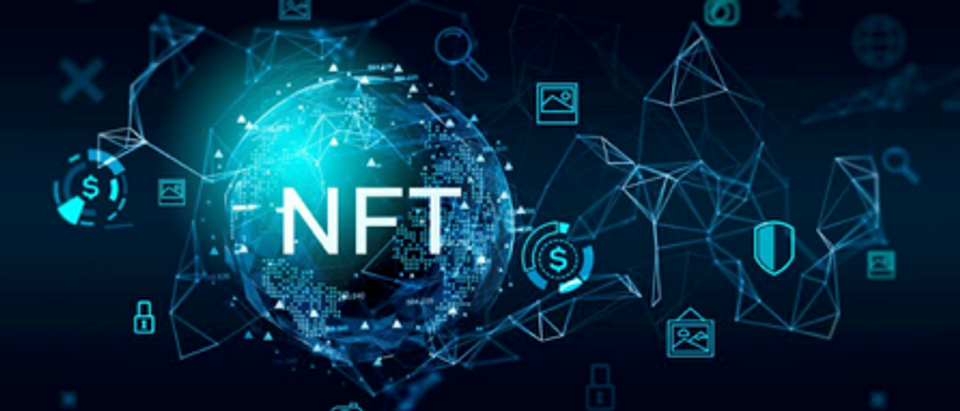NFTs are works of digital art that are permanently stored on the blockchain network and can take various forms. Tweets, memes, photographs, and video clips are all popular forms of this kind of digital artwork. Music is another popular form of this kind of artwork. One of the most notable characteristics of NFTs is that they cannot be exchanged for other assets. A product is said to be fungible if it can be divided into multiple units that are identical and can be exchanged for one another.
Furthermore, each product’s components must be indistinguishable from the others. When looking at the benefits and drawbacks of NFTs trading, it is important to consider many factors. Several advantages are offered by this type of trading on one hand. First, it allows investors to diversify their portfolios while simultaneously enabling them to obtain access to new and innovative assets. However, there are also some potential disadvantages.
For instance, the trading of NFTs can be quite volatile and risky similar to casino games or cryptocurrency, resulting in investors suffering substantial losses if the trade is not executed correctly. Investors are therefore advised to exercise caution when engaging in the trade of NFTs.

Image Source: NFT
Benefits of NFT Trading
One of the most significant benefits of trading NFTs is their liquidity. There are often significant delays when dealing with traditional assets like stocks or commodities. Consequently, the intermediaries who facilitate these deals take a commission on each sale. In contrast, NFTs can be traded directly between buyers and sellers, meaning no third party are necessary to facilitate the transaction. In addition to speeding up the transaction process, this also reduces costs for all the parties involved.
Additionally, one of the advantages of NFTs is that they provide a way for traders to move assets more securely. An NFT is a digital asset stored on a blockchain and tamper-proof. No third parties can manipulate NFTs because they’re stored on a blockchain. In industries such as finance and insurance, where privacy and security are of utmost importance, these devices are ideal for use. NFTs offer a much greater level of flexibility when compared to traditional assets. Investors are often limited to buying and selling stocks and commodities through authorized dealers when it comes to stocks or commodities.
NFTs, on the other hand, don’t have such restrictions. A lot of flexibility is available to investors when choosing a trading platform since they can buy and sell NFTs on any online marketplace. There are many discernible benefits from trading NFTs in general. They provide investors with more choices, flexibility, and efficiency and offer a more secure and efficient marketplace. You can use NFTs as a secure and efficient way to trade assets if you are looking for a more secure and efficient way.
Cons of NFT trading
In recent years, non-fungible tokens have been gaining popularity. Even though NFTs offer several advantages, they also have some drawbacks that should be considered before they are used for trading. The main disadvantage of NFTs is that they are usually traded on decentralized exchanges, which can be slow and unreliable. If there is a high traffic volume on the exchange, or if you are attempting to execute a trade quickly, this can be a problem. Decentralized exchanges are not as user-friendly as centralized exchanges and may be difficult for new traders to navigate.
In addition, it is often the case with NFTs that they are more volatile than traditional assets. It is easy to overestimate the volatility of NFTs when using them as a stable investment or when trading with other users who may not be familiar with the volatile nature of NFTs. Finally, there is always the risk of an NFT getting lost or stolen. It can become a major problem if the token is used for important transactions or if its value is high.
Conclusion
Even though NFTs offer several advantages, a few drawbacks should also be considered before using them for trading. To make the right decision, it is necessary to be aware of these drawbacks and weigh the benefits against them. Undoubtedly, research plays an important role in NFT trading, as it aids traders in making informed decisions about their investments. Traders should conduct thorough research into the projects they are investing in, as this will allow them to gain an in-depth understanding of how the NFTs function and what potential benefits they may offer.
Additionally, researching new projects can allow traders to keep up with the latest trends and capitalize on emerging opportunities on the market. Traders need to stay on top of industry news and developments. By doing so, they can stay on top of any regulatory changes or new projects that may impact the NFT market. Investors can make profitable and confident investment decisions if they are well informed.
Members of the editorial and news staff of the Daily Caller were not involved in the creation of this content.












